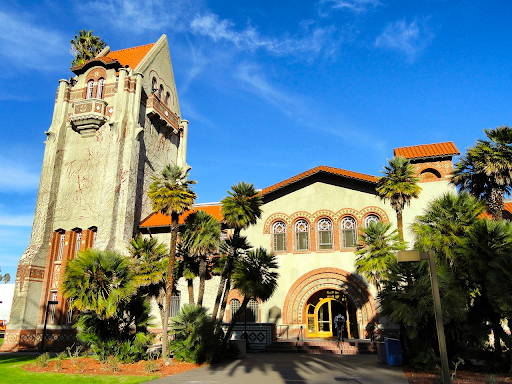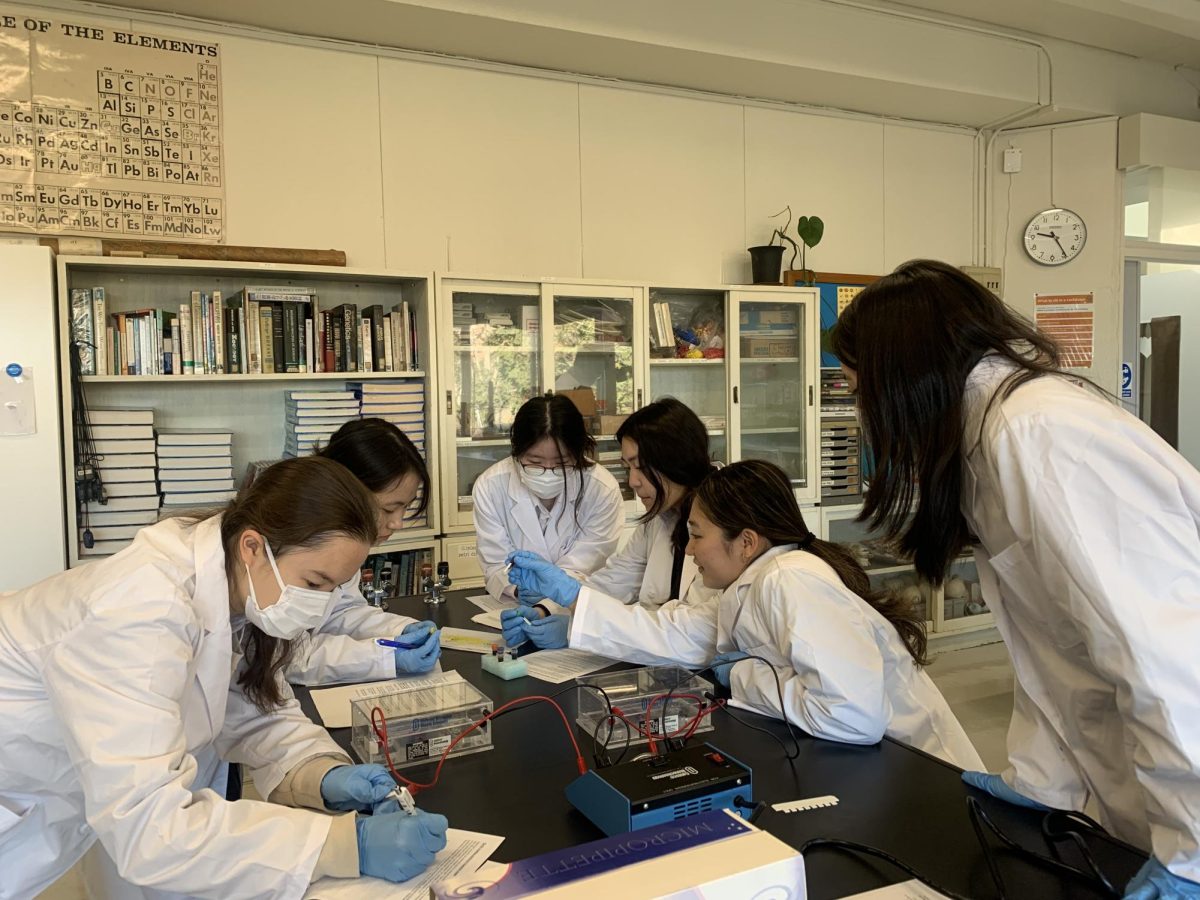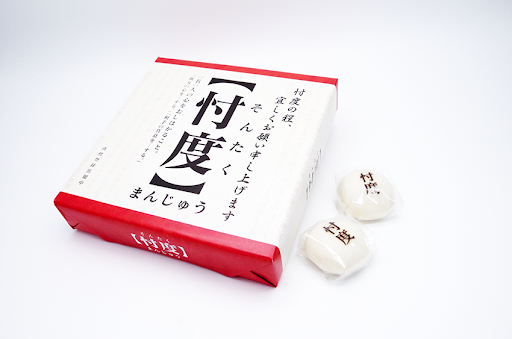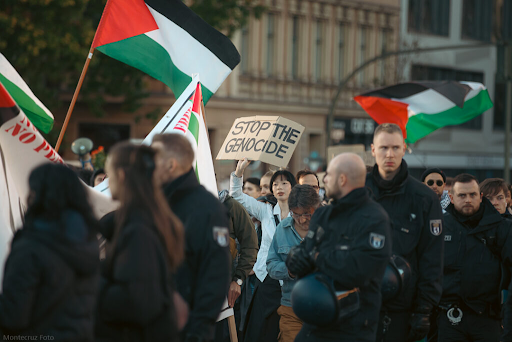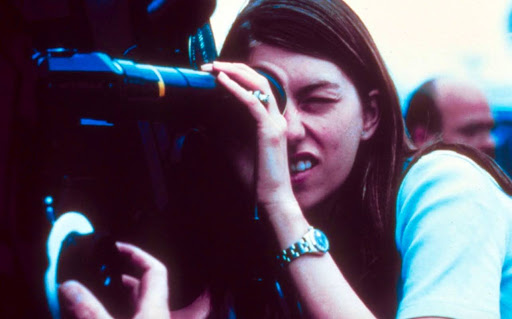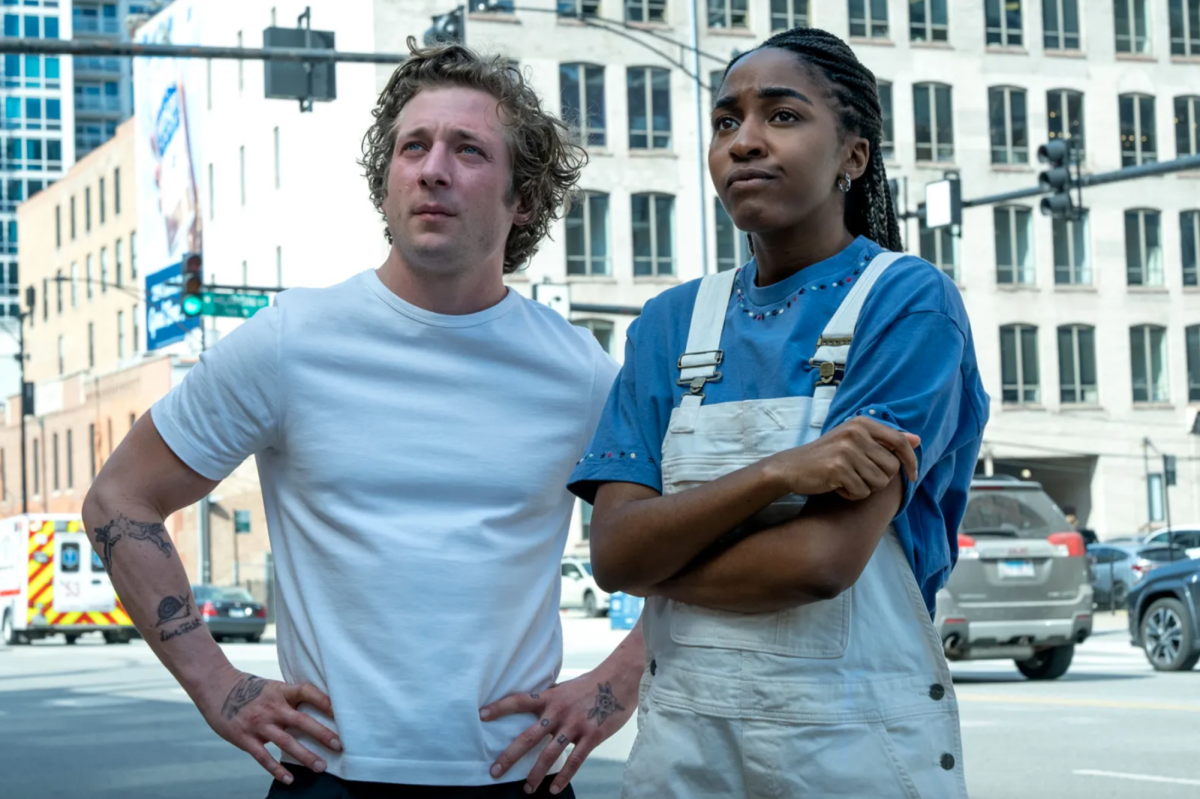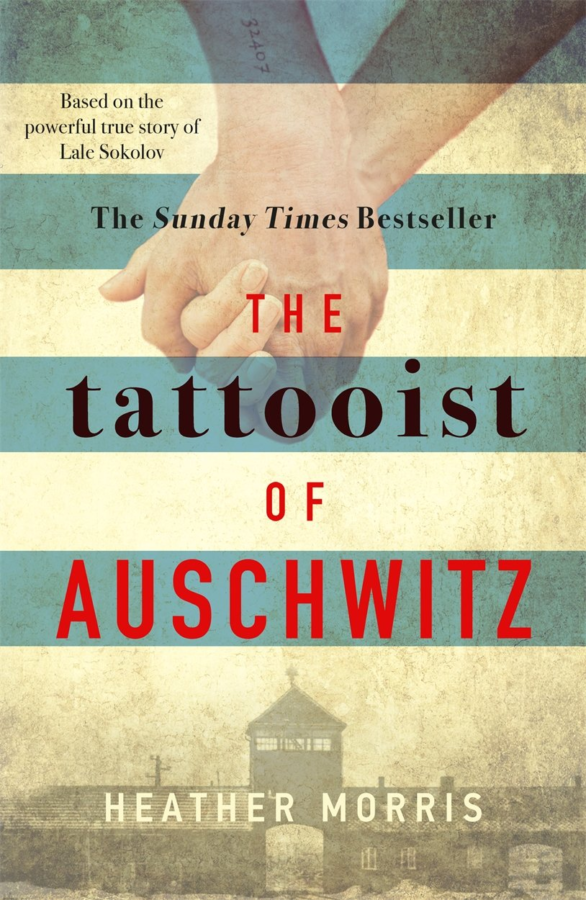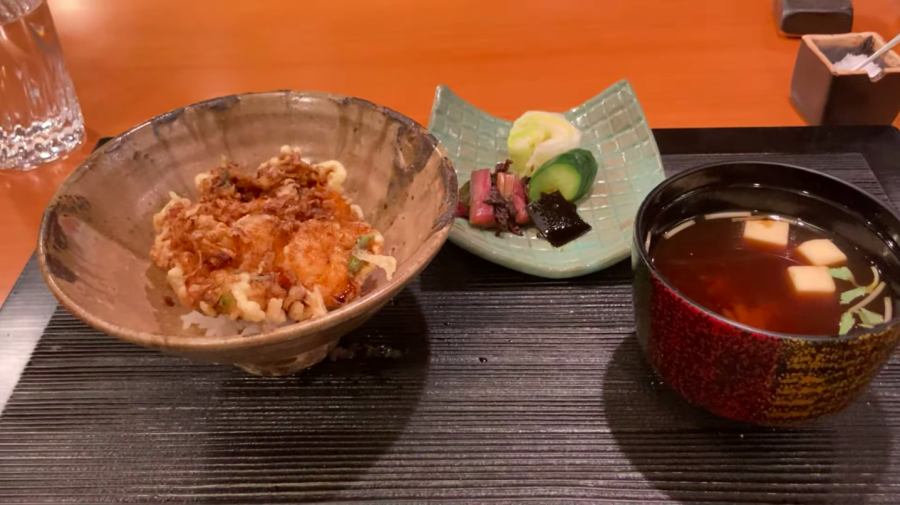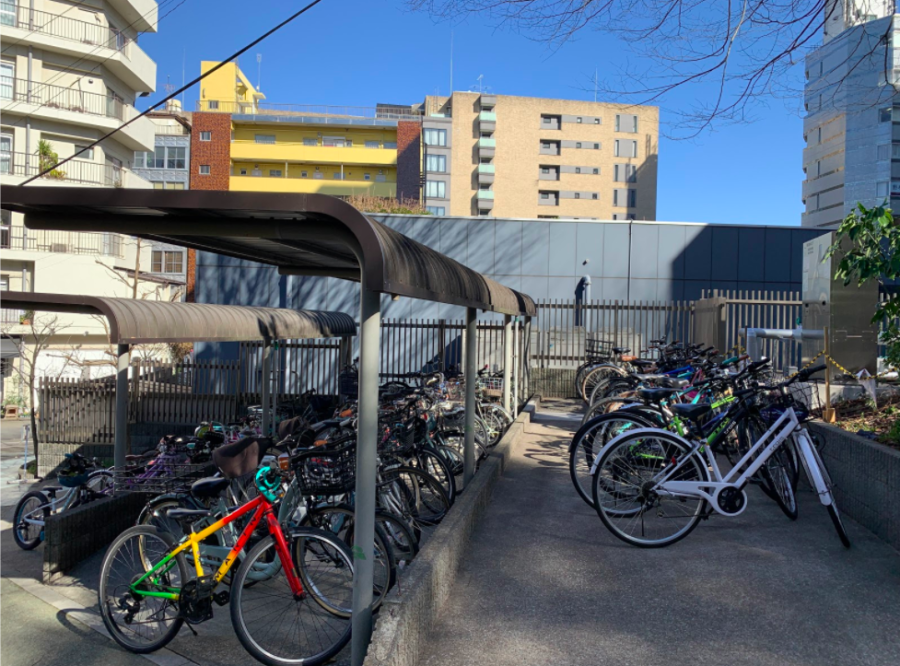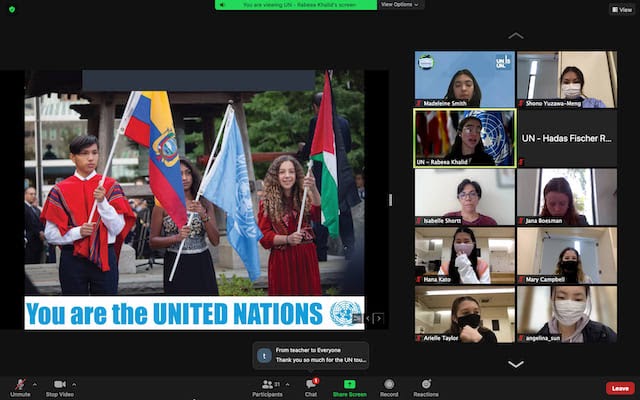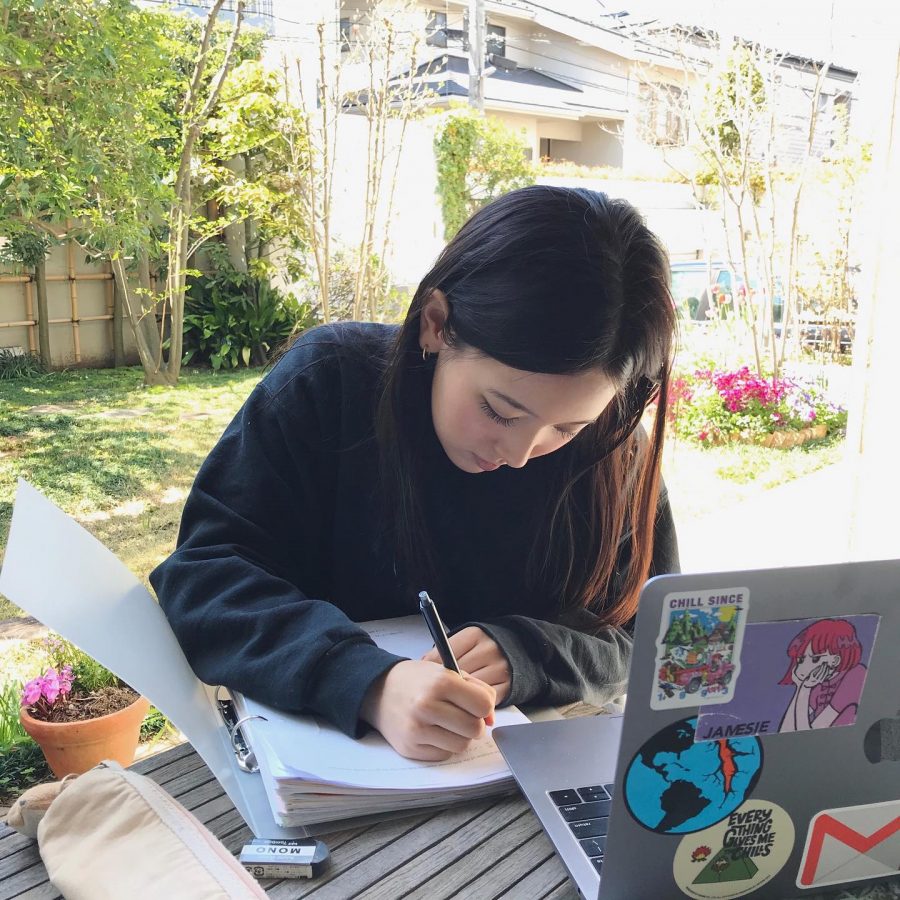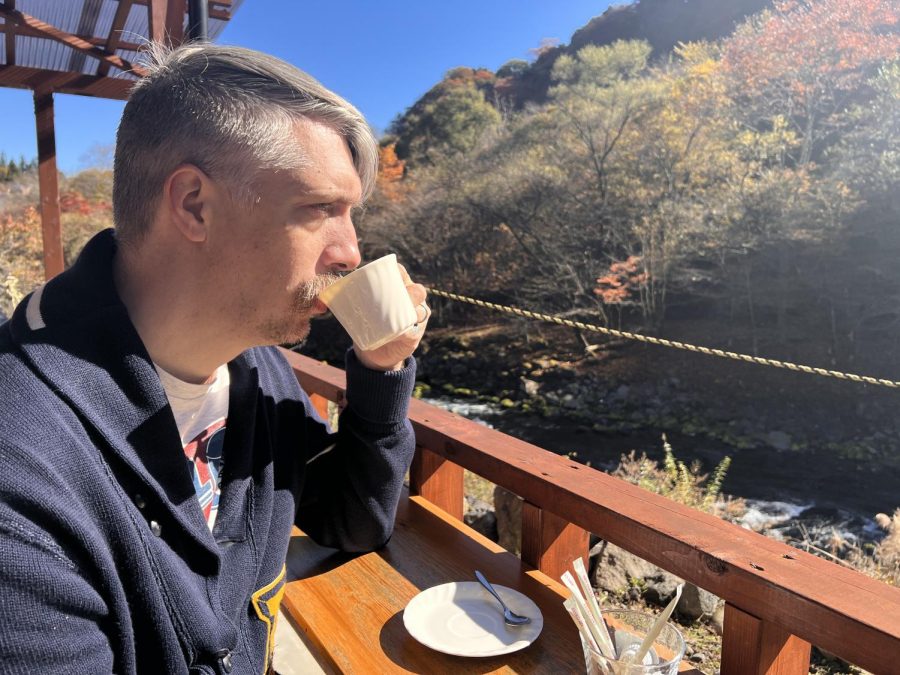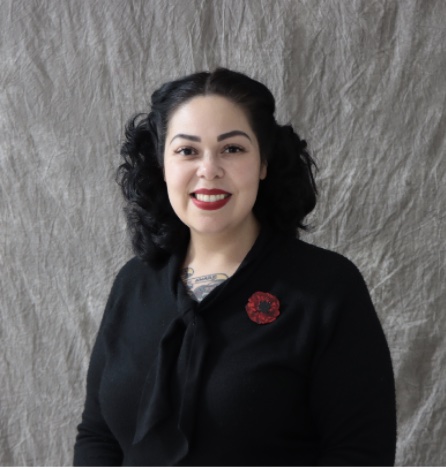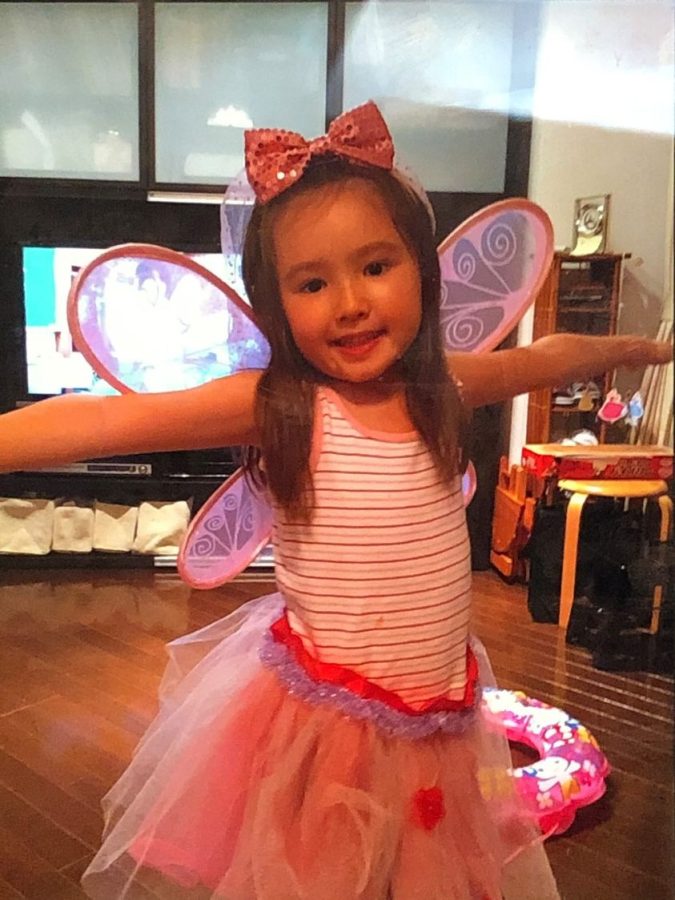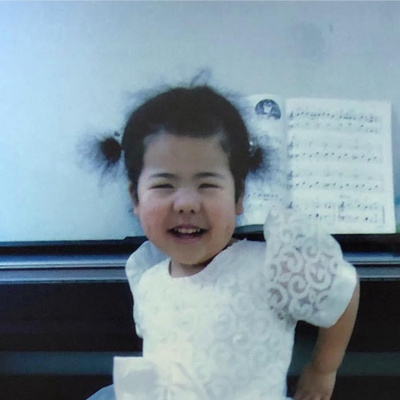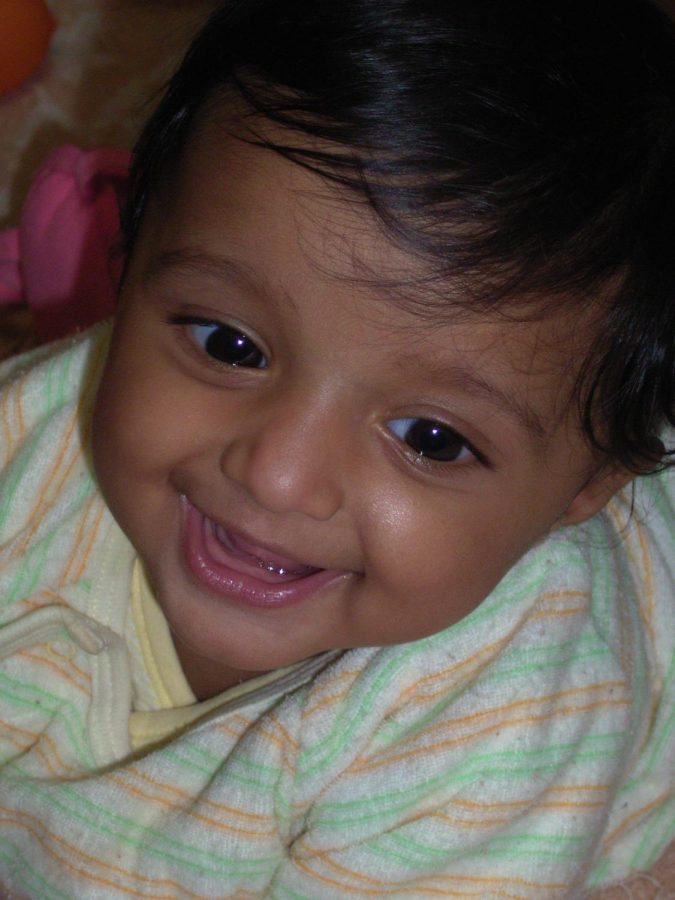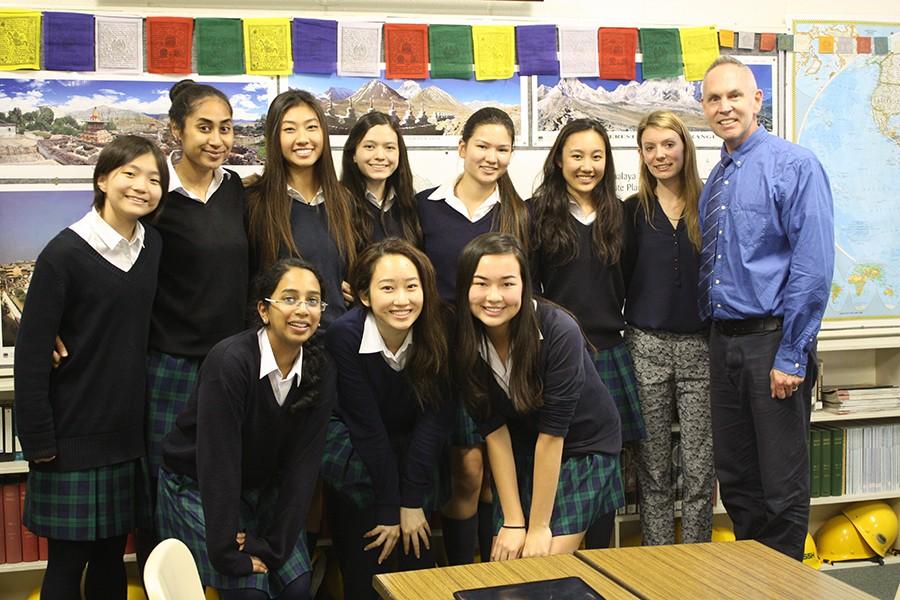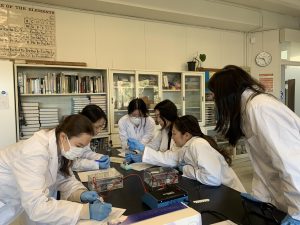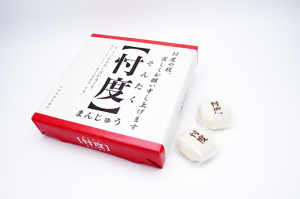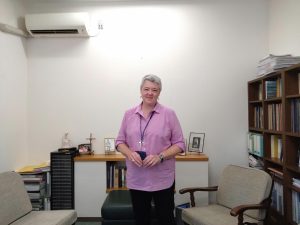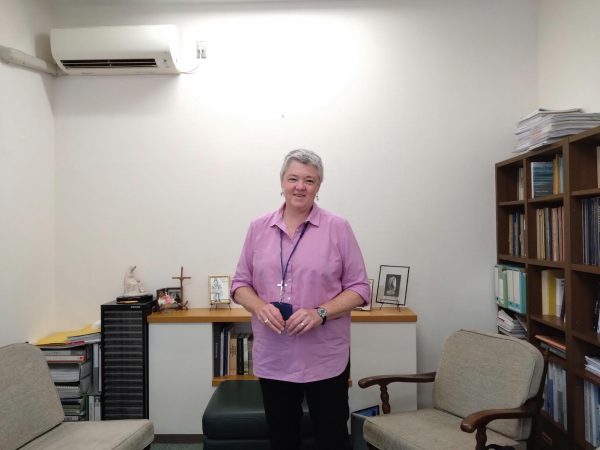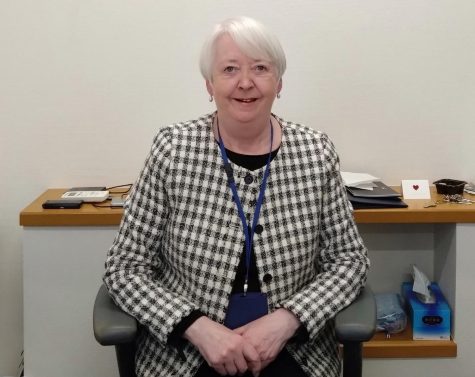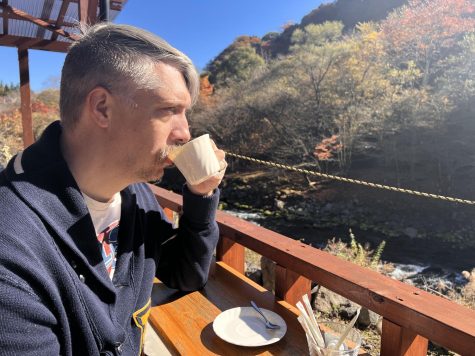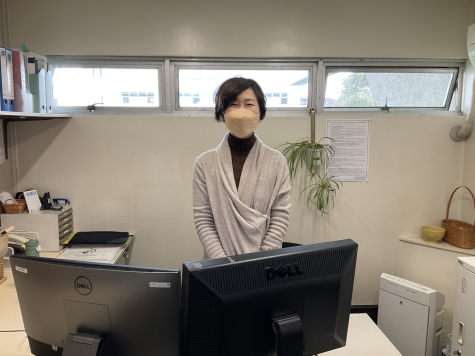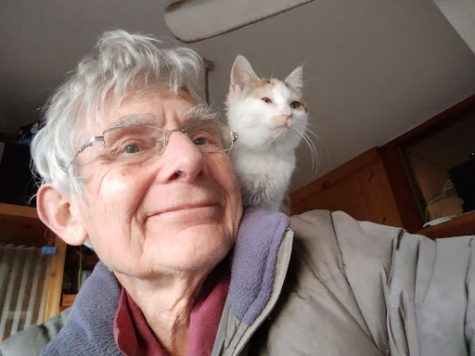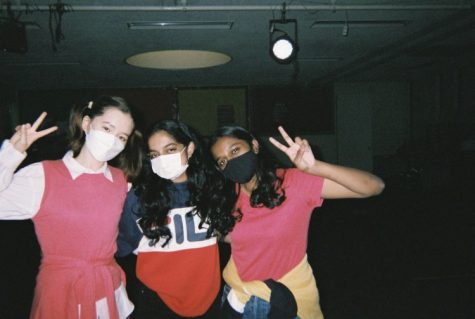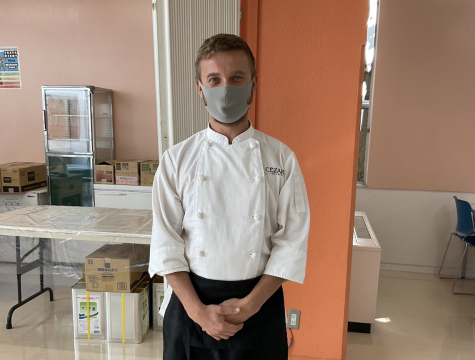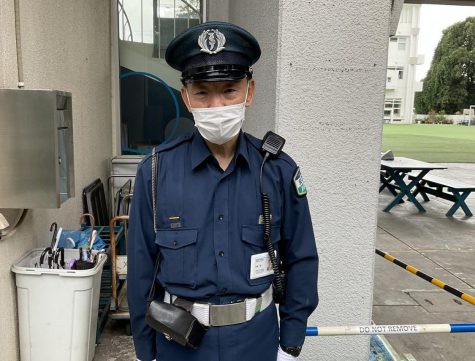From MUN Delegate to human rights lawyer, Kezia Tobin ’01 tells her story
Kezia ’01 returns to International Relation to speak about her work as a human rights lawyer
April 16, 2015
Kezia Tobin ‘01 visited ISSH this week and spoke to the International Relations class about her job in Afghanistan. We managed to grab some tea with the ISSH alumna and ask her questions about her career as a lawyer.
What did you study in university?
I studied politics and development studies. I went to Sussex University in the UK. I went on to to work at the European Parliament then I went back to law school. I worked as an immigration human rights lawyer in the UK for 8 years and for the last year and a half I’ve been in Afghanistan working for the German government.
What kind of work did you do in Afghanistan?
I was running an office that was working with the Afghan government to implement a real justice system so people could go to a lawyer and know that they’ll get justice, instead of the way the system is at the moment which is very corrupt. So we were trying to help the Afghan government to put in place a system that was fair and people could actually rely on.
Why Afghanistan?
I think it’s a quite fascinating country. It is a beautiful country and it’s somewhere that has been constantly in the news for the past 15 years. It’s also an important politico-geographical spot in the world and it has been an issue of contention in a lot of political debates for so long, but you only hear about the war, you don’t hear about what’s going on in the country. So it was interesting to me to go there and see what life is really like. It’s a country that needs a lot of support so I decided to get involved and try to contribute to that.
What has been the most challenging aspect of your career so far?
The work I’ve been doing in Afghanistan is quite different from the work I was doing in the UK, so there were very different challenges. In Afghanistan I was working in a war zone so there were securities issues. There were also new experiences that I had to adapt to over there. While working as an immigration lawyer you have to deal with cases that can be emotionally distressing and you have to be distanced from each case. Not to mention that it’s difficult to find work after graduation and to know exactly what field to go into. I ended up being a lawyer but I didn’t really study law until years later. It takes a while to figure out exactly you want to do and it’s fine to be open-minded and flexible about your career.
Did ISSH help you or inspire you to pursue your career?
Totally. I was here at ISSH from the age of 4 until 18 so I’m a Sacred Heart girl. All my values and the things I find interesting were things that I developed at ISSH. I did International Relations here. I took the Peace Studies class and the Refugees Studies class, and then I went on to be a human rights and refugees lawyer.
Any advice to ISSH students aspiring to go into a similar field?
I’d say go for it. It’s quite a fascinating field to go into. It can be very competitive so you have to keep trying for a while. In the UK to qualify as a lawyer can be really demoralizing because often you apply to a lot of places, but you don’t get taken on as a trainee. If you don’t succeed on the first time, I know it’s really cliched, but keep going because it can pay off. I would also say travel a lot and stay open-minded. If new opportunities come your way, take them, because you don’t know where they’ll lead you.

